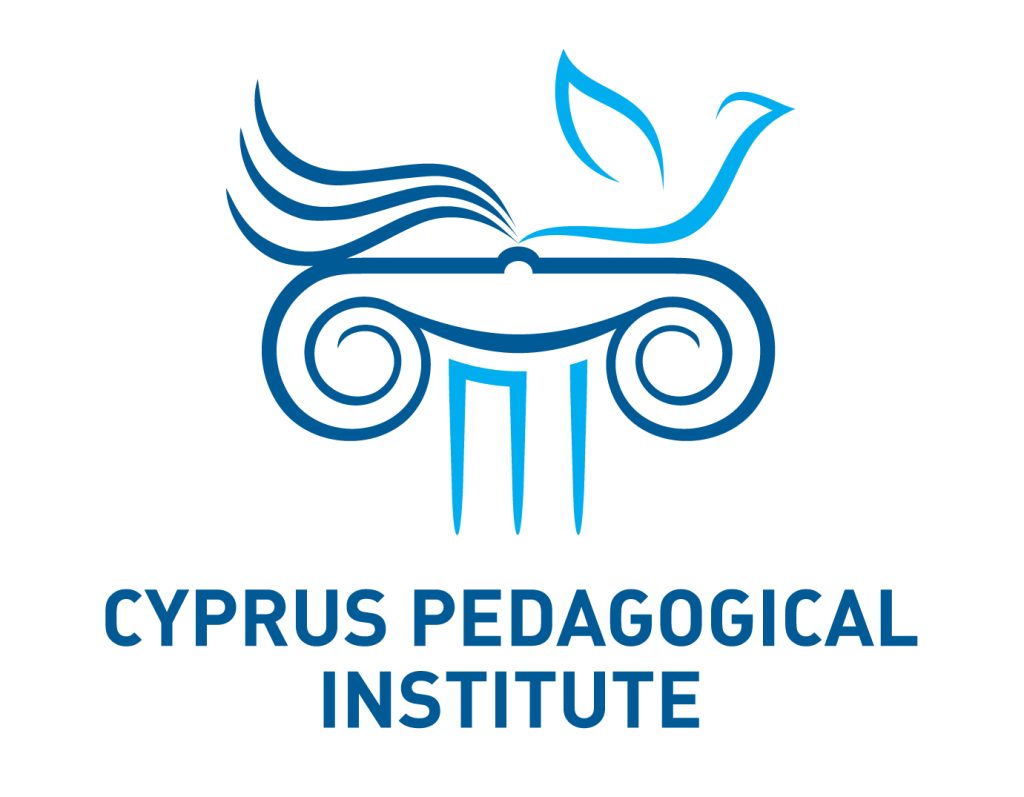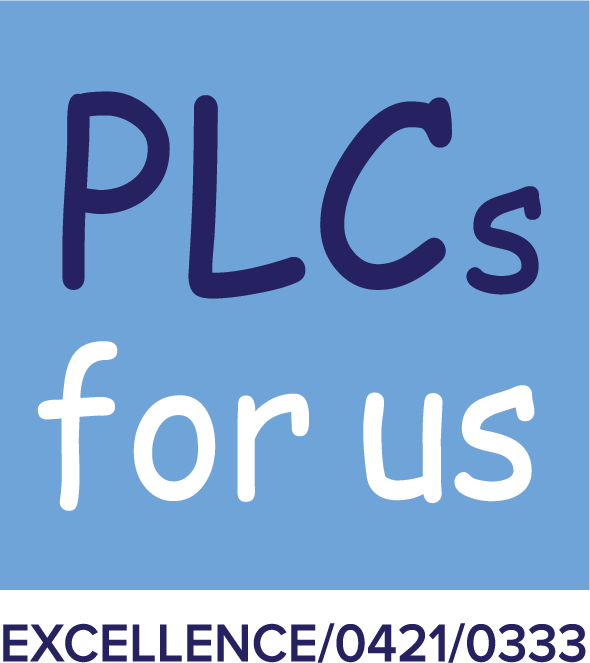
European University Cyprus (EUC), was founded in 2007 and developed out of Cyprus College, which was established in 1961. Today, EUC operates five Schools, namely, the School of Humanities, Social and Education Sciences, the School of Business Administration, the School of Sciences, the Medical School, and the School of Law, with the mission to educate students for successful careers and life achievement, to understand and serve the needs of society, and to create knowledge through research and innovation. EUC has participated in more than 250 projects funded by a number of programs and organizations such as the
Horizon2020, Erasmus+, 7th Framework Program, Lifelong Learning Programme 2007-2013, Directorates General of the European Commission, the Cyprus Research and Innovation Foundation, United Nations, European Space Agency, governmental bodies and others. In the last 4 years, the University has accumulated more than 5.5M euros in research funding. Research activity is primarily carried out by a number of research centers, laboratories, and other kinds of specialized settings such as clinics and innovation centers (http://euc.ac.cy/en/research/research-centers).
Researchers and members of the university’s academic staff collaborate with scientists from the best universities and research centers in the world such as Harvard, Oxford, Imperial College London, King’s College London, Karolinska Institute in Sweden, Max Planck Institutes in Germany and all top Greek universities. They participate or co-ordinate many research projects funded by the European Union, the Cyprus Research and Innovation Foundation and other sources. The university has contributed significantly to many fields of research such as Computer Science and Engineering, Education Sciences, Natural Sciences, Humanities, Business and Health Sciences, Medicine and Law.

The Centre of Excellence in Research & Innovation in Social Sciences, the Arts and the Humanities (SoScieAtH), is an interdisciplinary Research Centre at the European University Cyprus. It promotes active collaboration between researchers, theorists, academics, practitioners and the public towards achieving interdisciplinary scientific excellence and promoting social change. Adopting an approach of Responsible Research, Sustainability, and Innovation, the Centre particularly aims at enabling the public’s participation in broadening the development of today’s knowledge-based society, through the public’s engagement with the Social Sciences, the Arts and the Humanities. The Centre has a current/running research funding of more than 1,000,000 Euros. Currently, a total of 2 MA students, 6 PhD students and 3 Post-doctoral researchers work as Research Associates in the 17 running research projects of the Centre. The Centre is directed by Dr. Louca Louca. The Centre consists of 7 Multidisciplinary Research Units (MRUs) with an inter-disciplinary group of experts and researchers

Cyprus Pedagogical Institute. The vision of the Cyprus Pedagogical Institute is the continuous professional learning of the teachers at all levels as well as the substantial contribution to the planning and implementation of educational policy. The scope of the CPI to improve the quality of the educational system, taking into consideration the literature and research and the priorities set by the Ministry of Education and Culture. Moreover, the mission of the Cyprus Pedagogical Institute is the design and implementation of continuous professional learning of teachers at all levels, the setting of framework for the teacher competences and the promotion of horizontal issues of educational priority, improving the content and effectiveness of the education provided in accordance with the wider international, European and local context. Its work covers all levels of education operating towards various directions:
- It offers in-service training to teachers of all levels through several compulsory programmes and seminars;
- It plans and executes education research and evaluation studies;
- It follows and adapts current trends in pedagogy;
- It promotes the use of new technologies in education;
- It undertakes the writing and publication of teaching books, and the production of teaching materials
